|
Our second annual Eastern Shore Summer Scramble turned a typical day at the beach into an adventure for all of our scramblers this past weekend! In an amazing race style scavenger hunt, teams ventured up and down the Eastern shore for the chance to win awesome prize packages. They stopped at different tourist attractions and collected points by learning about history, identifying animals, doing interesting activities, dressing up in team costumes, and having tons of fun!
Whether it was visiting the local Island Creamery, or the NASA Visitor Center right down the road from the Field Station, or Savage Neck an hour away, there were many opportunities to explore all the Eastern Shore has to offer. While some teams brought out their competitive side to win first place and stop at many of our exciting destinations, others took their time at each place they went and explored a little on their own. Either way, it was a fun day for each family, and everyone left with experiences and different prize packages to take home. We want to thank all of our partner organizations that supported us by donating prizes and being landmarks for our scramblers this year! Just to name a few – the Ward Museum of Wildfowl Art, Island Butterfly, Daisy’s Island Cruises, The Ocean City Life-Saving Station Museum, Saxis Island Museum, Taylor House Museum, and CTG radio. Make sure you keep an eye out for next year's summer scramble, and be sure to like us on Facebook and follow us on Instagram and Twitter @cbfieldstation to stay updated on all of our activities!
0 Comments
Absolutely. Besides, crabs are a lot easier to handle than sharks, and a lot easier to find! It's our second week of intergenerational camp through Road Scholar, and our grandparents and grandchildren are having a blast! Today campers spent time learning about and catching crabs on Wallops Island. Using an old tried and true tradition, educators showed campers how to catch crabs using a small pipe, some rope, and a chicken neck. Yes, a chicken neck. After trying the piece to some rope, tying that to the pipe, and winding it up, campers threw the bait into the water. Once they felt a tug, our Sea S.T.A.R. Interns used nets to help bring the crabs in to be examined and studied. Educator Alyssa taught everyone how to identify the sex of the crab, all dependent on what "shape" they have on their apron, the underside of their shells. The males will have a shape "like the Washington Monument," and immature females will have a shape "like a pyramid." If it was a mature female, she would have a squishy sack where the eggs are kept. Both the grandparents and the children were eager to learn how to handle these creatures which are so characteristic of the Eastern Shore. These crabs, however, were tossed back into the water, but the campers will enjoy a crab dinner another night this week! Learn more about other family programs we have here! Our Sea Squirts loved learning about the Delmarva Fox Squirrel at camp - check out this video of them doing "The Squirrel Dance" and definitely check out the family day programs we offer here at the Field Station!
CBFS staff hosts groups young and old alike to the Field Station to participate in our camps and day trips. Last week, we welcomed a group of grandparents and grandchildren for our first Road Scholar Intergenerational Camp of the summer! These camps offer a hands-on learning experience for children and their grandparents, a great way to promote learning science and a fun bonding adventure with family. On Thursday, our campers went to Wallops Island to learn more about dune ecology. As a barrier island, Wallops acts as a border between the mainland and the ocean, catching marine life and ocean materials from the deep sea. Assateague and Chincoteague are also barrier islands. Educator Maria taught the campers that dunes are important because, like the islands, dunes are barrier systems. After boarding the bus, Chaz talked about the different aspects of Wallops that we would soon see on the beach. CBFS has access to the side of Wallops Island owned by the Navy/NASA, and is able to take participants on site to see a relatively pristine coastal ecosystem. Typically, Wallops Island is open only to government employees. At the beach, campers collected shells and identified examples of dune succession, including parts like embryo dunes, accumulating dunes, and mature dunes. Children made observations about shells and organisms that washed up on the beach while their grandparents collected shells as a memento of this experience. After everyone had enough time to enjoy the beach and observe the environment, Maria and Chaz answered questions about the shells the campers found and talked more about the dunes and the organisms found on the beach, including a ghost crab that happened to scuttle out in the day time. Back at the lab, the campers identified different micro and macro organisms and learned more about what they saw today. They rotated through different stations and used field guides to confirm the names of a variety of plants and animals, learning fun facts along the way. Wallops Island is just one trip on a six day adventure. The campers take a trip each day to explore barrier islands on Virginia's Eastern Shore, learning about the islands’ history and coastal ecology. Spencer and his grandfather loved walking around the island and seeing the dunes. “Science is fun, I liked collecting all the shells. I like being here without my brothers and sisters so I can spend some time with just my grandpa," Spencer said. Some participants were returning to the Field Station for a second or third time, bringing different grandchildren to share this special bonding experience. Chincoteague Island always has something new and exciting to offer, whether it’s you first time here or your fifth!
You can read more about our grandparent/grandchild trips here, and more about our other family programs here! United Way of Virginia’s Eastern Shore has announced that they will allocate funding to support Chincoteague Bay Field Station’s Shore People Advancing Readiness for Knowledge (SPARK) program this year. SPARK is an intergenerational education program which has engaged hundreds of families from Accomack County in advancing reading and math skills through outdoor and place-based learning opportunities since its inception in 1998.
The SPARK program was created by Grace and Matt Cormons and has recently been taken under the educational programming at Chincoteague Bay Field Station. This spring the program has been supported by a Celebrate Urban Birds mini-grant from the Cornell Lab of Ornithology. Funding from United Way will be used to support the Creekwatchers branch of SPARK, in which students participate in citizen-science projects to monitor water quality on local streams and bays, and also to support SPARK Mentors, parents who help facilitate programming. This weekend families from Accomack County visited "Sparky's Farm" in Parksley to learn about farm animals, particularly the birds that we find on the farm. Children compared the egg sizes of geese, ducks, and chickens, went on a nature walk, and tried their hand at milking a cow! SPARK is a family-based educational program that emphasizes inter-generational and place-based learning techniques. SPARK promotes that idea that learning is fun and that the environment serves as a starting block for training families in literacy and math skills. This event was sponsored in part by the Celebrate Urban Birds mini grant from Cornell Lab of Ornithology. |
About
Everything you need to know about CBFS's educational programs, visiting Chincoteague Island, and more! Categories
All
Archives
January 2019
|
CHINCOTEAGUE BAY FIELD STATION | 34001 Mill Dam Road | Wallops Island, VA 23337 | (757) 824-5636 | [email protected]
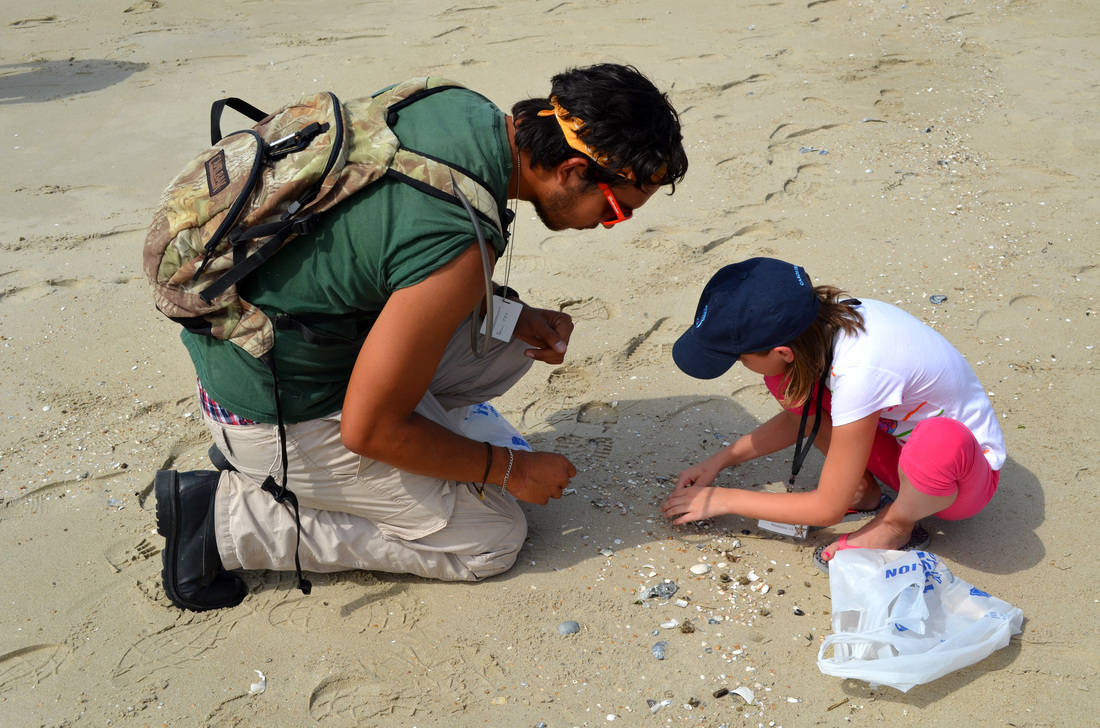
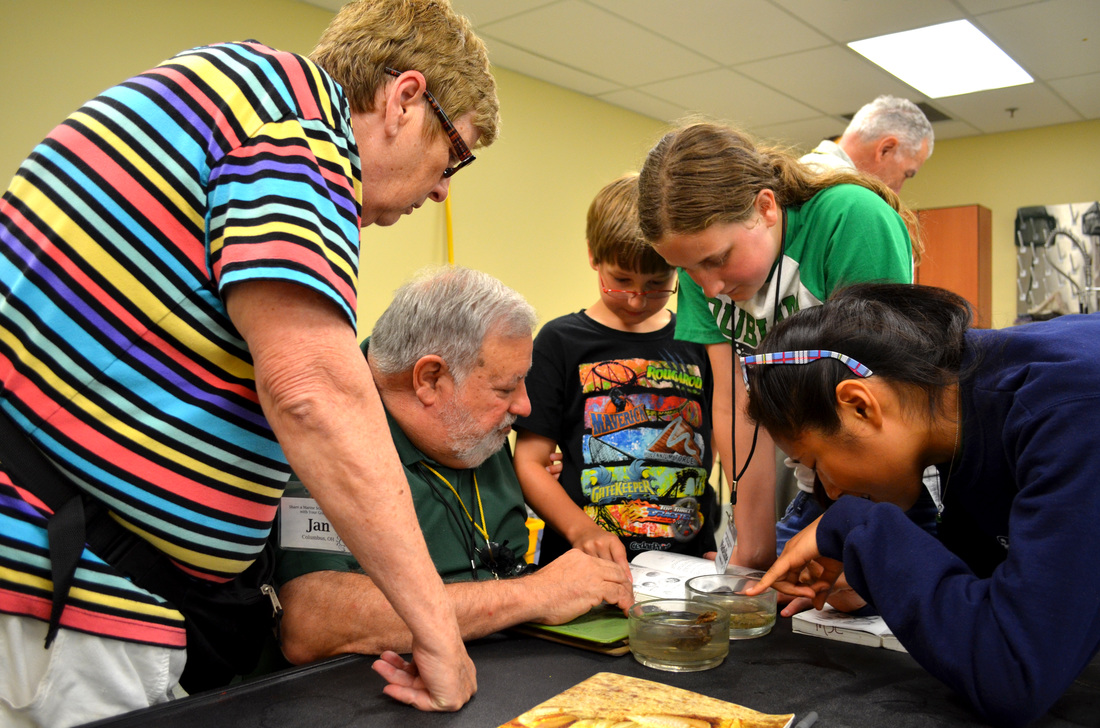
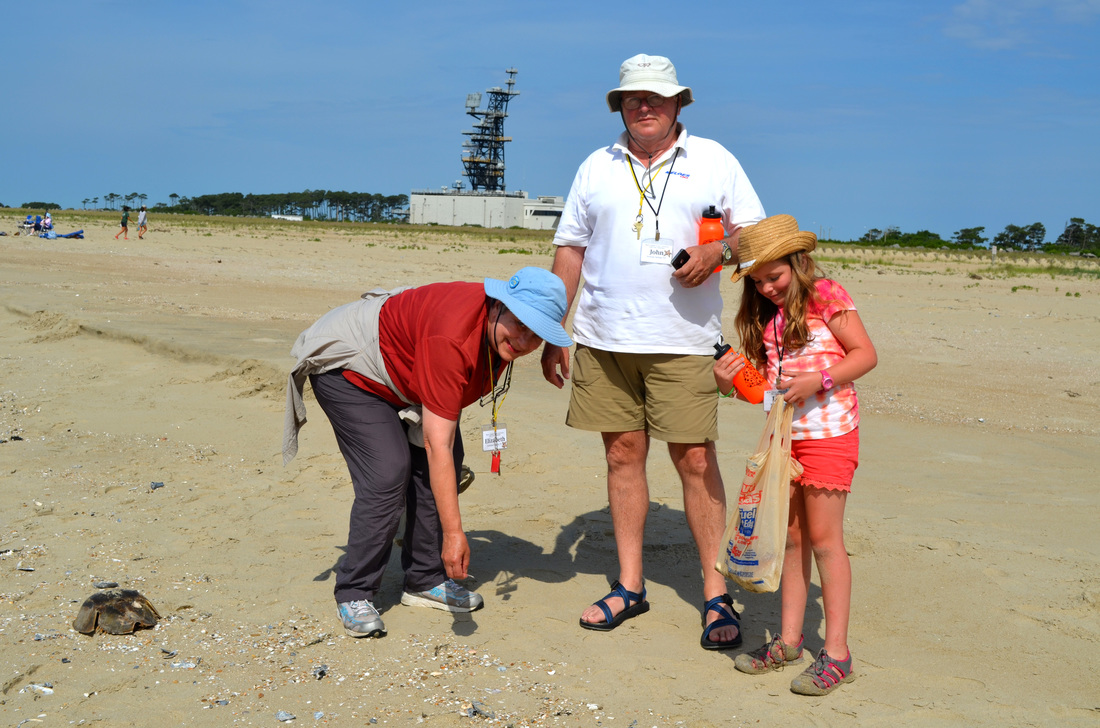
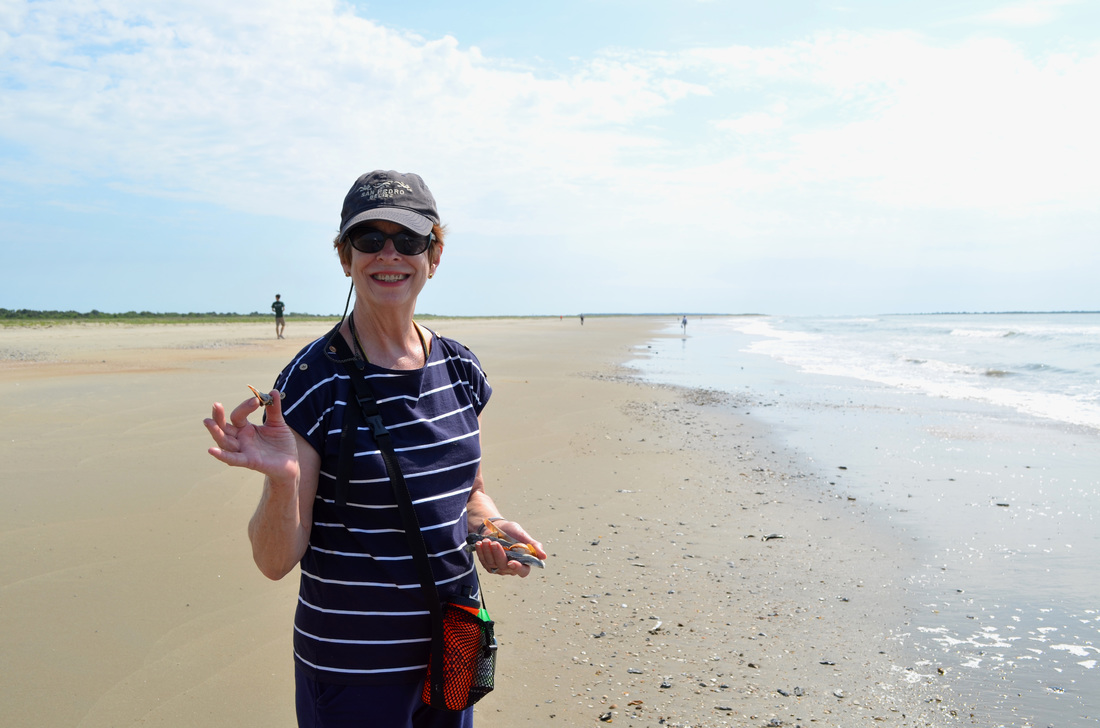
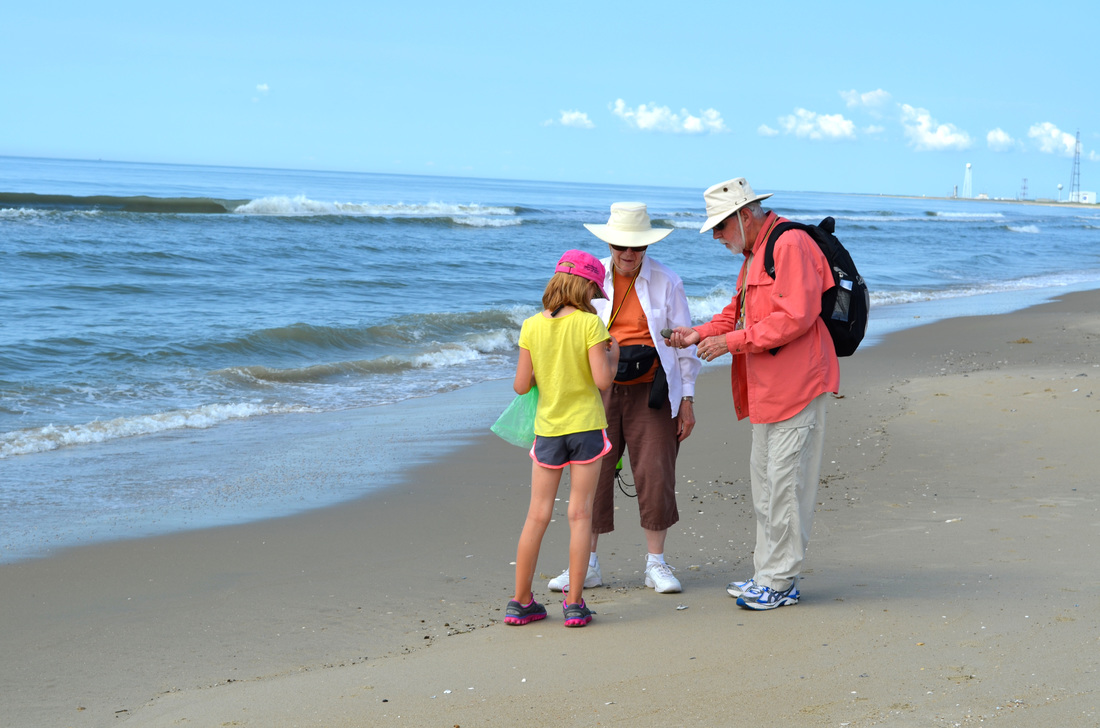
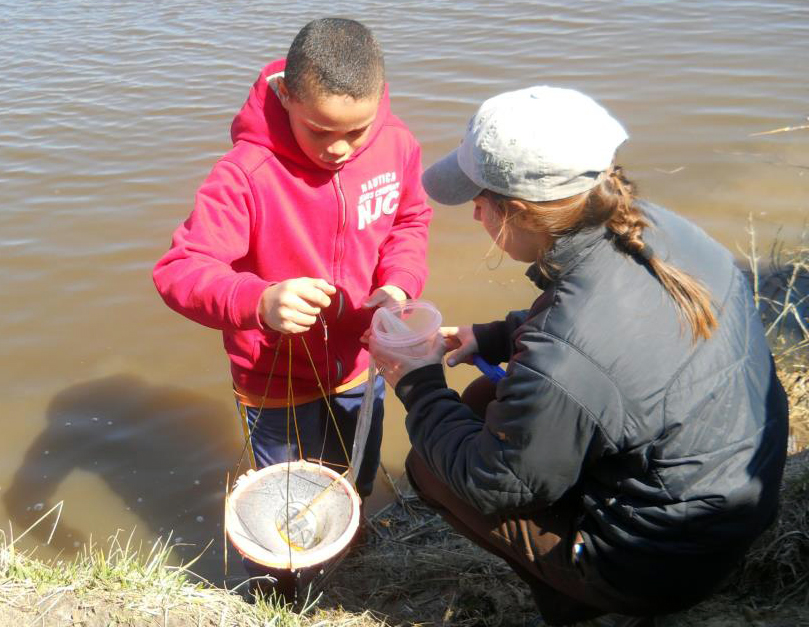
 RSS Feed
RSS Feed

